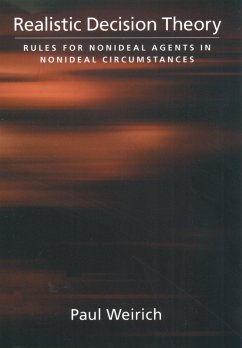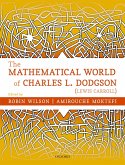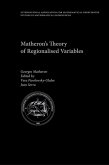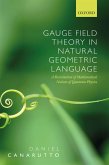Within traditional decision theory, common decision principles -- e.g. the principle to maximize utility -- generally invoke idealization; they govern ideal agents in ideal circumstances. In
Realistic Decision Theory, Paul Weirch adds practicality to decision theory by formulating principles applying to nonideal agents in nonideal circumstances, such as real people coping with complex decisions. Bridging the gap between normative demands and psychological resources, Realistic Decision Theory is essential reading for theorists seeking precise normative decision principles that acknowledge the limits and difficulties of human decision-making.
Dieser Download kann aus rechtlichen Gründen nur mit Rechnungsadresse in A, B, BG, CY, CZ, D, DK, EW, E, FIN, F, GR, HR, H, IRL, I, LT, L, LR, M, NL, PL, P, R, S, SLO, SK ausgeliefert werden.









